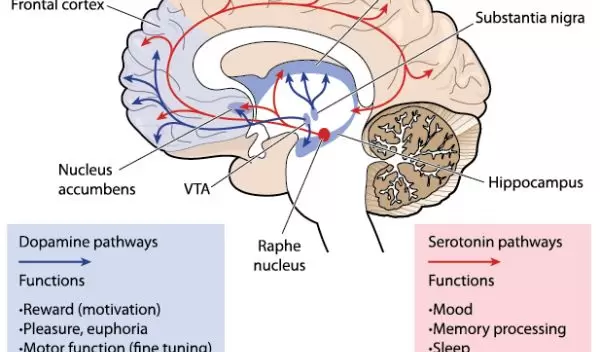
New and diverse experiences linked to enhanced happiness, new study shows
New and diverse experiences are linked to enhanced happiness, and this relationship is associated with increased brain activity, new research has found. The results, which appear in the journal Nature Neuroscience, reveal a previously unknown connection between our daily physical environments and our sense of well-being. The National Science Foundation provided funding for the research.
"Our results suggest that people feel happier when they have more variety in their daily routines -- when they go to novel places and have a wider array of experiences," explains Catherine Hartley of New York University's department of psychology and one of the paper's co-authors. Hartley also has appointments at NYU's Center for Neural Science and the NYU Langone Health Neuroscience Institute.
The researchers conducted the study prior to the onset of the COVID-19 pandemic and recognize that current public health guidelines and restrictions pose limits on movement. However, they note that even small changes that introduce greater variability into the physical or mental routine -- such as exercising at home, going on a walk around the block, taking a different route to the grocery store or pharmacy -- may potentially yield similar beneficial effects.
The researchers investigated the question, "Is diversity in humans' daily experiences associated with more positive emotional states?"
They conducted GPS tracking of participants for three to four months, asking subjects by text message to report about their positive and negative emotional state.
The results showed that on days when people had more variability in their physical location -- visiting more locations in a day and spending proportionately equitable time across these locations -- they reported feeling more "happy," "excited," "strong," "relaxed," or "attentive."
The scientists then sought to determine whether this link between exploration and positive emotion had a connection to brain activity, as measured by magnetic resonance imaging (MRI).
About half of the subjects underwent MRI scans. The results showed that people for whom this effect was the strongest -- those whose exposure to diverse experiences was more strongly associated with positive feeling -- exhibited greater correlation of activity in the hippocampus and the striatum, brain regions that are associated with the processing of novelty and reward.
"This research provides novel insight into how variety in daily experience improves mood and how the brain generates that improvement. The work will have importance across NSF's cognitive neuroscience program, which aims to understand the neural basis of human cognition," said program director Kurt Thoroughman.
